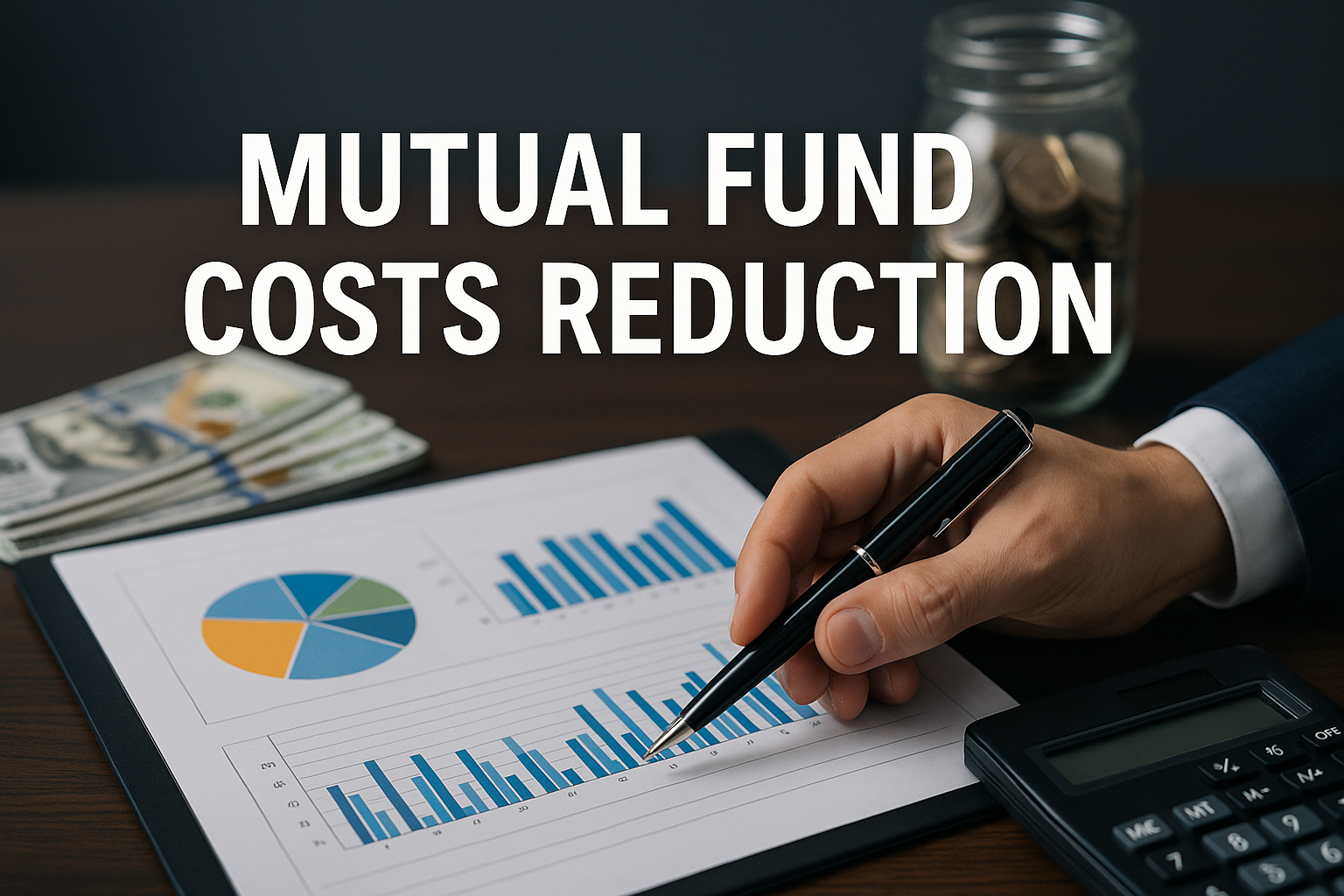Announcement: Lorem ipsum dolor sit amet, consectetur adipiscing elit. Donec et quam blandit odio sodales pharetra.
SEBI move may look tough, but will help investors in long run
The latest pre-regulation note published by SEBI has stirred a hornet’s nest. It is likely to be positive for the investors and what is good for the customer is good for the business too. That is the hope!

Table of Content
Toning down the TER costs
Total expense ratio (TER) is a cost that mutual funds debit to investor NAV. In the consultation paper put out by SEBI, it has proposed to reduce the TER by anywhere between 15-20 bps on the equity and non-equity-based funds. In case of higher AUM slabs, the TER will come down proportionately. Why is this important? Equity funds are struggling to beat market indices; and that makes a strong case for passives. In most cases, MFs struggle to generate positive information ratio. Lower TER will help.
Statutory cost transparency
Under extant rules, only the STT paid on the AMC fees is shown separately. SEBI has proposed to show all statutory fees like STT, GST, CTT, and stamp duty as a separate item over and above the TER charged. This will ensure that when the statutory authorities cut such taxes, it gets seamlessly passed on to investors. That is not happening today as these statutory costs are consolidated with the other costs under TER. Separating them will render more transparency to the costs of investing. More importantly, the rate cuts will now be transparently put directly into the wallets of the investors!
Reduction in brokerage fees
This could actually be a major bone of contention between regulators, MFs, as well as institutional brokers. SEBI wants to cut equity brokerage charged from 12 bps to 2 bps and F&O brokerage on MF transactions from 5 bps to 1 bps. This is a big cut and will sharply reduce cost for the investors. MFs are likely to pass on this cost to institutional brokers, so the latter bears the brunt. More importantly, the MF investors will stop being double-charged for research. They are already paying as fund manager fees, and again being charged as high equity brokerage. This is only the brokerage, and statutory charges will be above that. Still, the MF investors are likely to see cost savings.
Performance based TER
SEBI has also proposed a performance-based TER system, wherein funds will be rewarded with a higher TER if they beat the index by a bigger margin. Here it is critical to distinguish fund manager expertise from systematic gains. Hence, it must not be only about beating the index, but about a positive information ratio. The only concern is that such a system may induce the fund managers to take on more risk than they should be taking. This is nothing new. Funds have taken on undue risk in the past to post better returns, and if there are also monetary incentives, the temptation may be all the more. This may have to be deliberated before implementing!
Comments